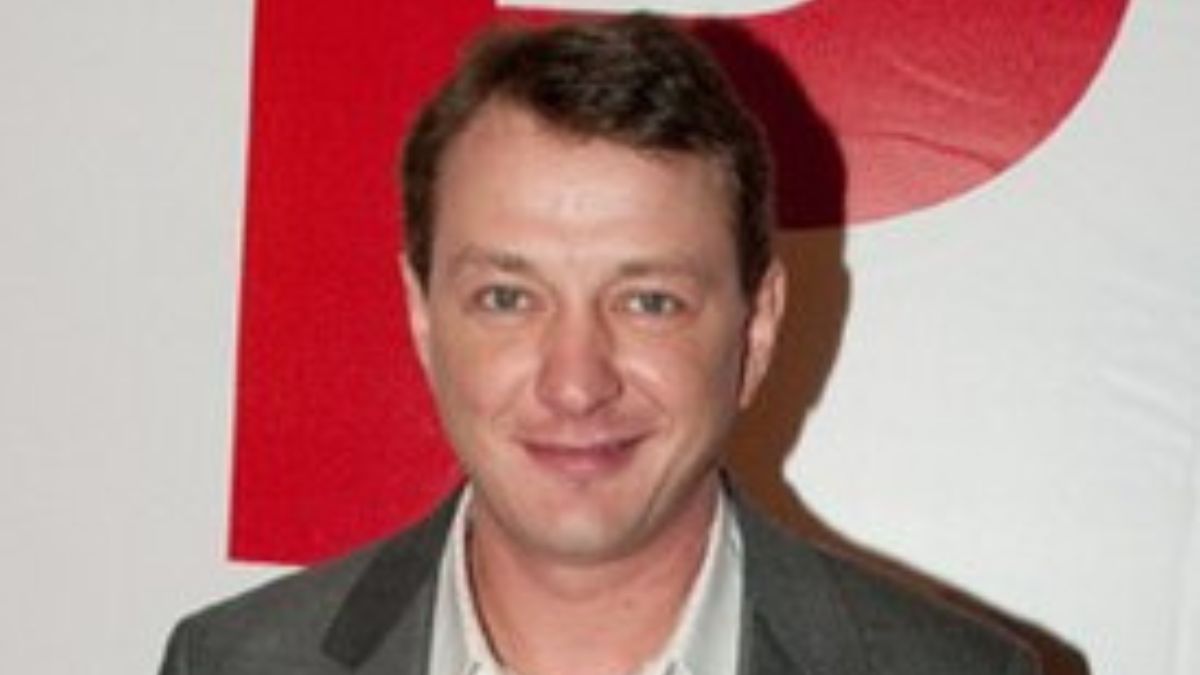Marat Basharov, a Russian actor and TV host, has publicly expressed remorse for his past actions on the occasion of his 50th birthday, emphasizing a desire to atone for his past. Basharov, who gained infamy for domestic violence against his former wives, shared his reflections in an interview, crediting his recent role in the TV series “I Can’t Live Without You” as a form of personal repentance.
Basharov, known for his work on the series “Border. Taiga Romance” and as the host of “Battle of Psychics,” has faced significant consequences due to his violent behavior. His ex-wives, including actresses Ekaterina Arkharova and Elizaveta Shevyrkova, publicly accused him of physical abuse, which led to severe public backlash and the loss of his acting opportunities. Despite these allegations, Basharov avoided criminal charges but described his punishment as being deprived of the chance to continue his acting career.
Reflecting on his life and career, Basharov acknowledged the impact of his actions and expressed a desire to change. He stated that his latest role, portraying a man struggling to resolve marital issues, resonates deeply with his own experiences. Basharov suggested that the character’s journey of atonement mirrors his efforts to make amends for his “past life.”
Now in a relationship with colleague Asya Borisova, Basharov is reportedly planning to marry her soon. The actor’s journey, marked by public disgrace and personal turmoil, appears to be shifting towards a path of redemption. He expressed hope that his new role might serve as a symbolic gesture of his repentance.
The interview was conducted with the portal “7 Days,” where Basharov detailed his reflections and aspirations for the future. The series “I Can’t Live Without You” is set to air soon on Channel One, where audiences will witness his attempt to translate personal repentance into his work.

